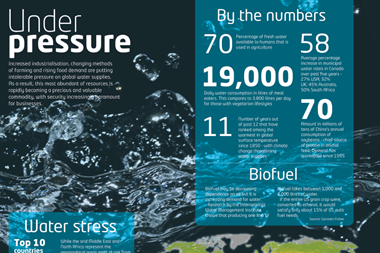Heavy sovereign debts restrict recession recovery progress
Despite attempts to recover from recession, some countries, notably Greece, Portugal, Italy and Spain, are having problems with servicing their sovereign debt. Even more worryingly for the global economy, in August Standard & Poor’s downgraded America’s credit rating to AA after 100 years of perfect AAA rating.
The situation is of immediate concern to investing financial institutions: sovereign debt can be subject to compulsory rescheduling, interest rate reduction, or even repudiation. But it is not only bank risk managers who face increased challenges from the current crisis.
A key concern for some multinational companies is heightened counterparty risk. Those that have contracts with state-owned and quasi state-owned organisations in the European countries most affected fear that these may not be able to meet contractual obligations. In addition, worsening economic conditions and austerity measures lay the basis for civil unrest, as demonstrated by recent protests in Spain.
Domestic markets in Europe’s beleaguered countries are likely to shrink. Reduced profitability could mean that companies may reduce investment in risk management measures, with some looking to cut their risk management teams or even dispense with risk managers altogether – an apparent recession trend.
The Greek economy is just 2.5% of the Eurozone economy but is proving a thorn in the side of EU recovery, says Société Générale Private Banking Hambros group chief investment officer Martin O’Hare. But there is hope. “While we acknowledge that the risk environment has intensified, we believe the recovery wheels will turn,slowly, again in the second half of 2011.” SR













